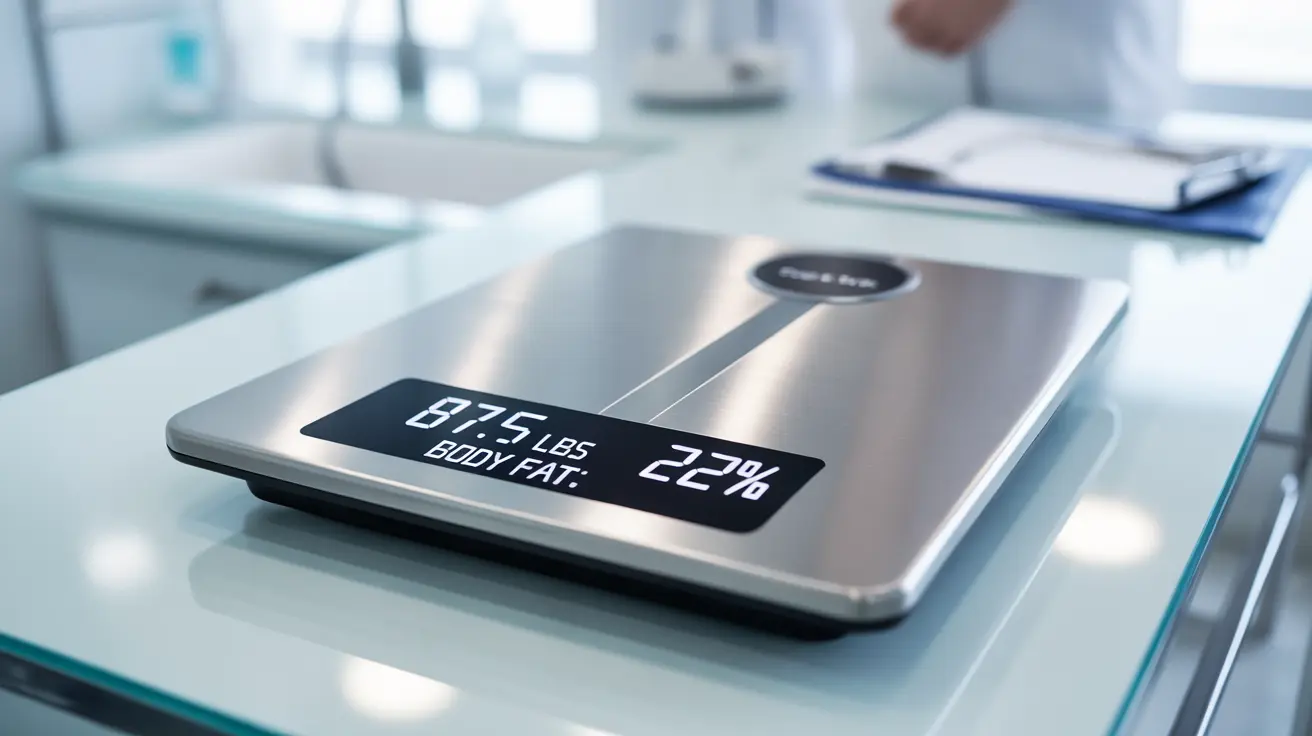If you've ever experienced seasonal allergies or other allergic reactions, you may have noticed an overwhelming sense of tiredness accompanying your symptoms. This connection between allergies and fatigue is not just in your imagination – it's a real and common experience that affects many allergy sufferers. Understanding why allergies can make you feel tired and learning how to manage this fatigue is crucial for maintaining your quality of life.
How Allergies Cause Fatigue
When your body encounters allergens, it launches an immune response that can drain your energy levels in several ways. Your immune system releases chemicals like histamine and cytokines to fight off perceived threats, which can trigger inflammation throughout your body. This inflammatory response requires significant energy and can leave you feeling exhausted.
Additionally, allergy symptoms themselves can contribute to fatigue. Congestion, coughing, and breathing difficulties can disrupt your sleep patterns, while the extra effort required to breathe through congested airways can be physically draining.
Common Allergens That May Trigger Fatigue
Different types of allergens can contribute to fatigue in various ways:
- Seasonal allergens (pollen, grass, weeds)
- Indoor allergens (dust mites, pet dander)
- Mold spores
- Food allergens
- Chemical sensitivities
The Sleep-Allergy Connection
Allergies can significantly impact your sleep quality, creating a cycle of fatigue. Nasal congestion and post-nasal drip can make it difficult to breathe properly during sleep, leading to poor sleep quality or even sleep apnea-like symptoms. This disrupted sleep pattern can result in daytime drowsiness and reduced cognitive function.
Managing Allergy-Related Fatigue
Medical Interventions
Several treatment options can help manage allergy symptoms and related fatigue:
- Antihistamines (choosing non-drowsy formulations)
- Nasal corticosteroids
- Decongestants
- Immunotherapy (allergy shots)
Environmental Controls
Taking steps to minimize exposure to allergens can help reduce fatigue:
- Using air purifiers with HEPA filters
- Regular cleaning and dusting
- Keeping windows closed during high pollen periods
- Using allergen-proof bedding covers
Lifestyle Modifications
Making certain lifestyle changes can help combat allergy-related fatigue:
- Maintaining a consistent sleep schedule
- Staying hydrated
- Regular exercise (while being mindful of outdoor allergen levels)
- Managing stress levels
Frequently Asked Questions
Can allergies really make you feel tired, and why does this happen? Yes, allergies can definitely cause fatigue. When your body fights allergens, it releases chemicals that can cause inflammation and require energy, leading to tiredness. Additionally, allergy symptoms can disrupt sleep and breathing, contributing to exhaustion.
How do I identify the allergens causing my fatigue, and what steps can I take to avoid them? Work with an allergist to undergo testing to identify specific triggers. Once identified, create an avoidance plan, which may include using air purifiers, keeping windows closed during high pollen times, and maintaining a clean living environment.
What are the most effective ways to manage allergy-related fatigue, including lifestyle changes and medications? Combine medical treatments like non-drowsy antihistamines with lifestyle changes such as maintaining good sleep hygiene, staying hydrated, and using environmental controls. Regular exercise and stress management can also help combat fatigue.
Can food allergies cause fatigue, even if they don't trigger immediate symptoms like hives or anaphylaxis? Yes, food allergies can cause fatigue as a delayed reaction. The immune response to food allergens can trigger inflammation and energy-draining symptoms that may not be immediately apparent.
How can I prevent allergy fatigue from disrupting my sleep and daily activities during peak allergy seasons? Take preventive medications before symptoms start, use air purifiers and dehumidifiers, shower before bed to remove allergens, and maintain regular sleep schedules. Consider using nasal strips or elevated pillows to improve nighttime breathing.




